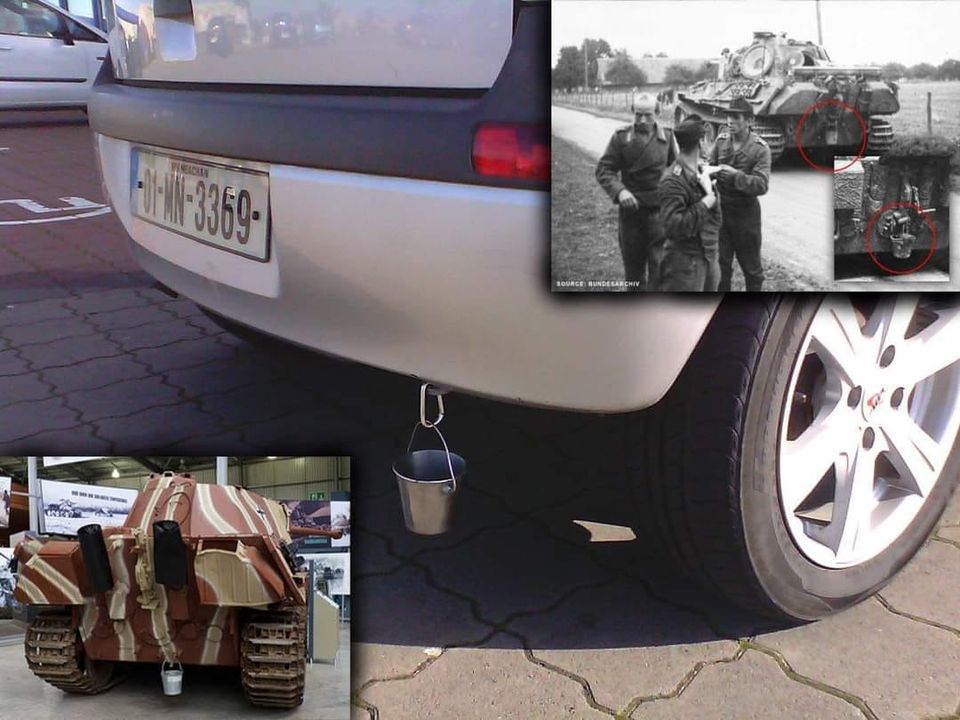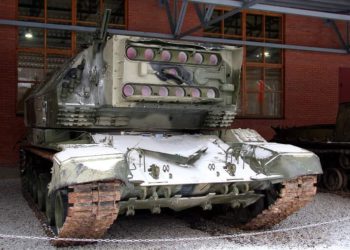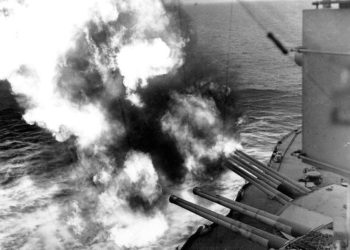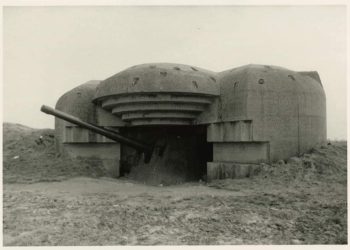
No Shit Bucket, No Blitzkrieg!
In the fast-paced and highly coordinated military strategy known as Blitzkrieg, the necessity for swift and uninterrupted movement is paramount. Soldiers need to press forward with relentless momentum, which means that even basic needs such as bathroom breaks can become a critical logistical concern. Enter the humble “shit bucket,” a surprisingly important component in ensuring the success of this aggressive tactic.
Importance of Continuous Movement
The essence of Blitzkrieg is to surprise and overwhelm the enemy by rapid and continuous advances through their lines, rendering them unable to regroup or mount an effective counterattack. This necessitates a level of mobility and endurance that leaves little room for pause, even for essential human functions.
To maintain this relentless pace, military planners must consider every aspect of a soldier’s needs, including sanitation. This is where the “shit bucket” comes into play, serving as a mobile solution to an unavoidable human requirement.
Historical Context
During World War II, German forces perfected the concept of Blitzkrieg, or “lightning war,” which contributed significantly to their early successes. The emphasis was on speed, efficiency, and the element of surprise. Managing the soldiers’ physiological needs efficiently was as crucial as their supply of ammunition and fuel.
Small, portable containers became essential for troops who couldn’t afford to stop for nature’s call. These containers made it possible for soldiers to remain in their vehicles and continue their advance without unnecessary delays or the risk of becoming easy targets while exposed.
Modern Applications
Even in contemporary military operations, the lessons learned from Blitzkrieg continue to inform logistical planning. Efficient waste management systems are vital in maintaining the mobility and health of soldiers in the field. Modern military vehicles often come equipped with more advanced sanitation solutions, but the principle remains the same: minimizing breaks in movement to sustain operational tempo.
In conclusion, while seemingly trivial, the provision for soldiers’ sanitary needs can be seen as a small but vital element in the broader strategy of Blitzkrieg. Maintaining continuous movement is a key to overwhelming the enemy, and even something as mundane as a “shit bucket” can play an unexpectedly critical role in ensuring success on the battlefield.










